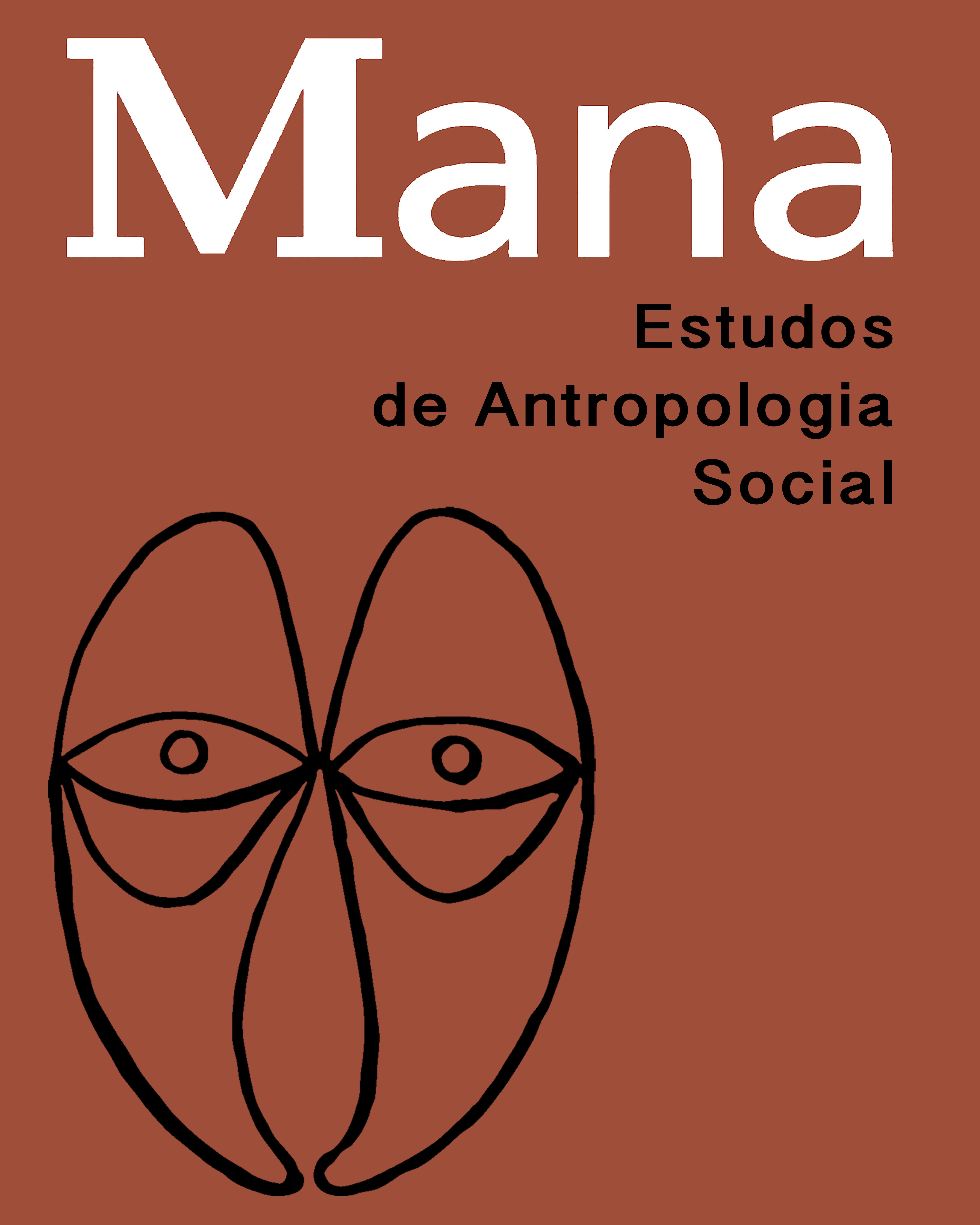Abstract
Taking as our point of analysis the Olympic Games in Rio de Janeiro in 2016, we will scrutinize the institutional, scientific and moral relations that permeated the regulation of female eligibility in elite sports, looking closely at integrity as a multi-situated, imbricated category. In the context under analysis, the sexed body appears as a privileged place of social inscription, with the female body that presents some variation of intersexuality being seen as especially problematic. We follow part of the Olympic sporting experience involving the victory of Caster Semenya (South Africa) in the women’s 800 meter race. We seek to reflect upon a particular and effective mode of management of bodies and populations in contemporary life. With the increasing use of technical resources and hormonal knowledge -- and without abandoning the memories and strategies of a colonial past -- sport entities legitimate or exclude athletes participation in the name of protecting women’s sports. Ultimately, they weave the limits that these sexed and athletic bodies must stay within in order to belong to the Olympic movement, materializing virility and making female masculinity visible.
Keywords:
Integrity; Intersexuality; Sports regulation; Virility; Female masculinity

 Thumbnail
Thumbnail
 Fonte: Antonio Lacerda/EPA.
Fonte: Antonio Lacerda/EPA.